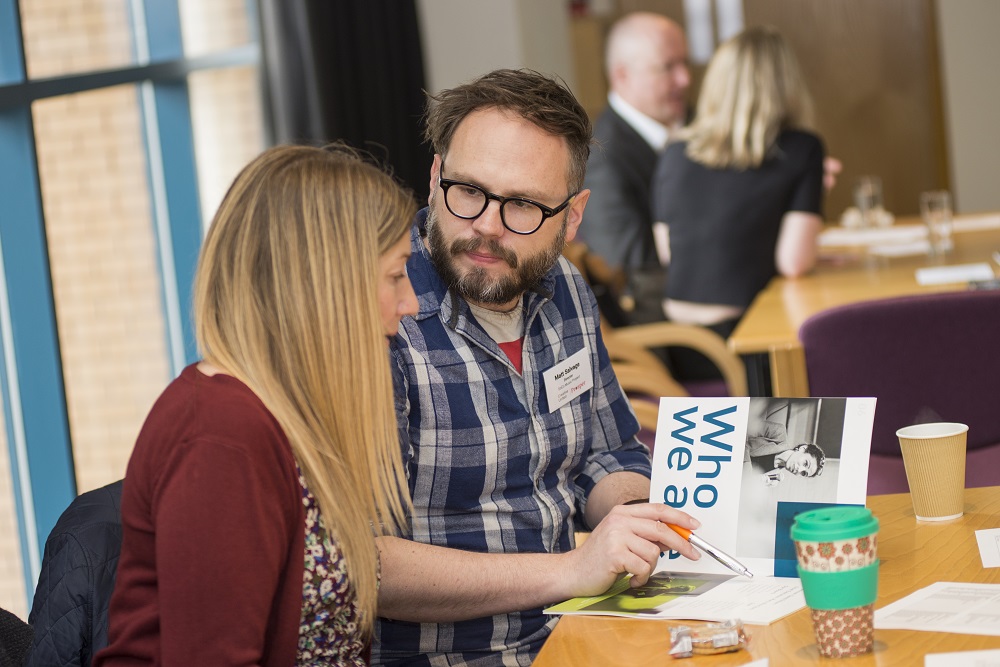
The Prosper programme offered organisations free one-to-one business advice
Photo: Juliana Vasquez
Call for free business support for arts sector
Arts professionals show a “continuing aversion” to the language of business support, despite a strong interest in accessing business support services.
A year-long project providing business support to creative and cultural organisations has ended with a call for this kind of service to be provided to the sector free of charge.
The call follows the publication of a report evaluating the Prosper programme, which offered 70 cultural and creative organisations up to 12 hours of free one-to-one advice, as well as masterclasses, workshops, webinars and online resources. It was backed by £400,000 from Arts Council England (ACE) alongside funding from a number of other organisations.
The evaluation found that after nine months of support, two-thirds of participants had experienced “tangible, positive change” in terms of “confidence towards business planning, the strength of their business plans going forward, and the likely implementation of new income diversification strategies”.
The one-to-one advice was seen as particularly valuable, with 86% of participants saying that it had been either ‘useful’ or ‘extremely useful’.
Sarah Thirtle, Director of Business Support Programmes at Creative United, which led the project, said: “In order to encourage the use of business support, to help organisations address their development needs, and to enable the many operating on limited funds to benefit from it, there needs to be provision of free business support. This is the hook, this is what draws people in.”
“This investment in free support will be returned in an increasingly sustainable sector,” continued Thirtle, who added that there should be an accredited network of business advisors across the country.
Jumping through hoops
82% of participants said that they would themselves invest in more business support in future. But despite the appetite for such services, there is discomfort with the way they are presented.
The report notes a “continued aversion to the term ‘business support’ and its connotations”. It says that the value systems and business models of the cultural sector “are only partially reflected by much of the language of business support”, singling out the term “investment readiness” as particularly discouraging.
Thirtle said that language may be among the “barriers to change” regarding access to social investment funding, explaining that arts and cultural organisations “don’t necessarily want to jump through semantic hoops to prove their inherent social impact credentials”.
Evidence base
Mary-Alice Stack, Chief Executive of Creative United, praised the investment by ACE and the other funding partners in the Prosper programme, saying it had provided “an opportunity to take an objective look at the impact of tailored business support as a means of enabling growth and development across a wide range of arts and cultural organisations.
She continued, “As a result of that investment, we now have a strong evidence base for both the demand and effectiveness of this kind of intervention. We hope that the report will be influential in helping funders and policy makers across the sector to invest further in business support, giving arts and cultural organisations access to the specialist advice and guidance they need to achieve their ambitions for growth.”
Join the Discussion
You must be logged in to post a comment.